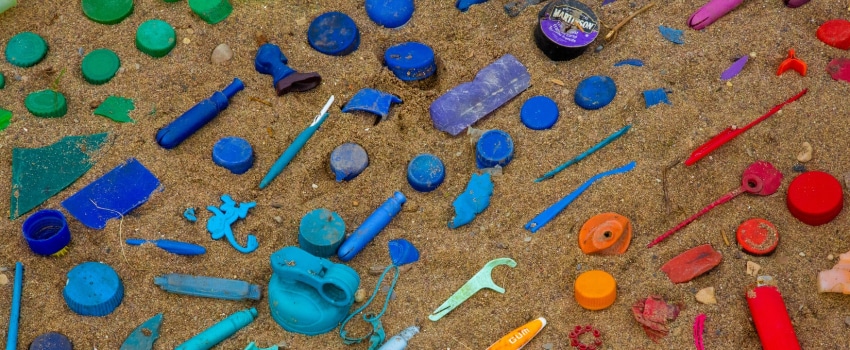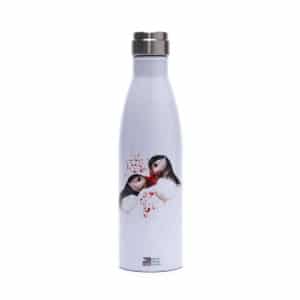
Plastic Free July is a global movement that helps millions of people try and eradicate the need for single use plastic.
The Plastic Free Foundation initiated the month long challenge in 2011. The Plastic Free July website provides resources and ideas to help reduce single use plastic waste. Since its beginning over 250 million participants have taken part in over 177 countries.
The idea is that each individual effort will make a small difference but collectively a big difference can be made. Encouraging people to reduce their use of plastic for a month should also enable them to continue doing it thereafter.
Single use plastic in the home
Here are 5 top tips for avoiding single use plastic when shopping.
1. Plan your shopping trips. List all your purchases that use single use plastic and source the same item without packaging.
2. Start to collect glass jars and reusable containers to take to the shops to put ingredients in. Many whole food stores and health stores provide refills for cooking ingredients and household cleaning products.
3. Rather than buying packaged cooked foods, try and source the ingredients and make them at home.
4. Have reusable cups, bags and containers handy so that you never get caught out.
5. Make your own cleaning and beauty products instead of buying new ones in plastic bottles. There is a wealth of information online about making your own.
Start small
The advice is to start small. Choose a couple of changes that you can make first. Don’t worry if you don’t succeed to start with, it is a learning experience. Every small change does count.
Single use plastic in the garden
The RSPB is providing gardeners advice for Plastic Free July. They have provided seven tips for reducing the use of plastic.
1. Choose recycled or wooden furniture. Outdoor furniture is expensive, so cheap plastic options seem good value, but they can degrade in the sun and break easily in storms. It is recommended to choose sturdy recycled plastic or sustainably sourced wooden options.
2. Plastic weed fabric is popular to suppress weeds on veg patches and allotments. However, it often degrades leaving small bits of plastic in the soil. Find a plant based fabric instead, or use cardboard with mulch on top.
3. Instead of plastic netting for climbing plants, try using chicken wire or jute string.
4. Plastic pots are hard to avoid, but look online for plants sold in waxed paper. Alternatively grow from seed. It takes longer but is cheaper. If you already have plastic pots, don’t throw them away, reuse them as much as possible.
5. Plastic labels. When growing from seed its useful to label what is growing. Try using non plastic alternatives like wooden lollipop sticks.
6. Plastic seed trays. Try and invest in good quality seed trays that last several years. Avoid biodegradable pots made from peat as they contribute to the destruction of peat bogs which are important for wildlife.
7. Plastic compost bags. Make your own compost if that is possible. If not, then try to bulk order using a source that doesn’t use plastic covering. If you do have plastic compost bags, then don’t throw them away, repurpose them. Fill them with leaves, tie them up, and leave them for a year or two to create leaf mould that is a great mulch and soil conditioner.
If you would like to find out about supporting RSPB then please visit our RSPB page. If you would like to find out more about the Plastic Free July challenge then please visit Plastic Free July.





